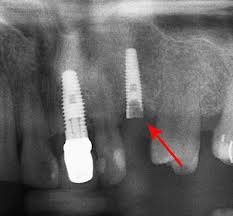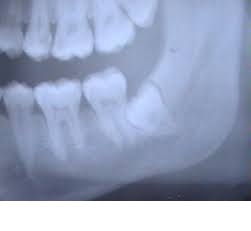 When college kids come back from spring semester, they have a few things on their mind: eating their favorite meals, connecting with home town friends and catching up on their sleep.
When college kids come back from spring semester, they have a few things on their mind: eating their favorite meals, connecting with home town friends and catching up on their sleep.
As parents, we notice the changes that a year of school has brought to our kids. They seem older, but still child-like. They keep strange hours, sleep on every horizontal surface and at any time of day and night, need their car again, bring some activity and excitement and drama back into the house, and behave in many ways more like peers and less like kids.
What is less noticeable is what is going on in their mouths. Typically, college students are somewhat less compliant in terms of regular oral health care during their year away, especially that freshman year. So, it’s very important as part of the summer to do list (along with securing that summer job or internship) to schedule a dental exam.
The post college summer oral health exam should include:
- Thorough teeth and gum cleaning, especially if it has been more than six months since a previous visit to the dentist. College students tend to have tartar and plaque build-up from inadequate brushing and flossing especially if combined with increased alcohol consumption
- Thorough examination of all teeth and gums to identify decay or early problems that can get addressed before they worsen
- Panoramic x-rays to determine if wisdom teeth need to be removed.
- Discussion of oral health practices to stave off tooth and gum diseases. Tobacco and alcohol use should be discussed as well as oral health symptoms that require immediate visits to the dentist.
For the college student, the timing of the possible removal of impacted wisdom teeth is critical. Not every child grows wisdom teeth and they do not all need to be removed, but for those that do, the summer break between semesters is an ideal time to schedule the removal, as the recovery takes a few days. Removing wisdom teeth during the summer also prevents a painful episode mid-semester when the teeth erupt.
A reminder of the typical symptoms of wisdom teeth eruption:
- Visible tooth behind the molars.
- Swollen or irritated gums in the back of the mouth.
- Bad breath
- Pain when chewing on the molars
- Jaw pain
So, hug your college student if they let you. Open up your wallet and your hearts when they get home. And schedule that dental exam for them (even better if they’ll schedule it for themselves!)
 Dental implants are more common than you think. They are used typically when a tooth is no longer salvageable due to disease or breakage. A dental implant is a permanent solution to a loss of a tooth. It is an attractive new artificial tooth with a great track record for longevity, and with none of the issues that accompany non permanent dentures and bridges.
Dental implants are more common than you think. They are used typically when a tooth is no longer salvageable due to disease or breakage. A dental implant is a permanent solution to a loss of a tooth. It is an attractive new artificial tooth with a great track record for longevity, and with none of the issues that accompany non permanent dentures and bridges.